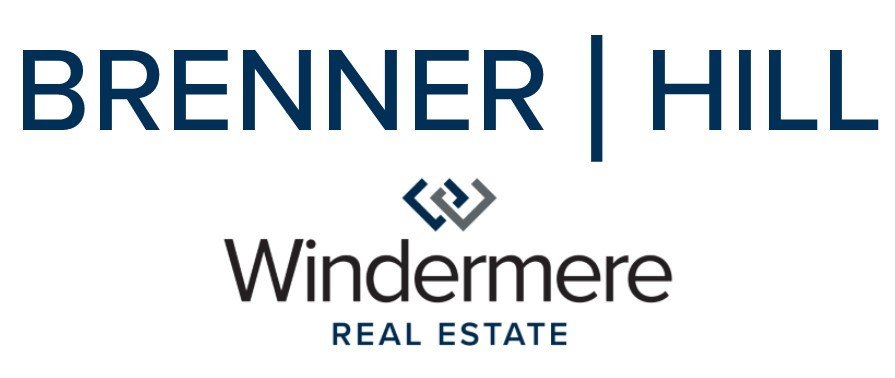
Congratulations! You’ve found the perfect home and want to put in an offer. Before we can put an offer in on a home, we will need to know a few details:
Full legal name: The full legal name of anyone who will be on the contract as well as their email address. The legal name will need to match the photo ID (driver’s license or passport). You will need to show one of these forms of identification to escrow during your signing appointment.
Initial offer price: What initial price do you want to offer for the home? We will email you comps to review and give you our opinion as to the home’s value our suggested offer price. However, ultimately the offer price is entirely up to you.
Your walk away price: Don’t expect to pay your initial offer price unless you are submitting your highest and best offer off the bat, as it’s rare for a seller to accept your initial offer without some negotiating back and forth. That’s why it’s called an initial offer. In addition to deciding your initial offer price, you need to decide now how much you’re willing to pay for this property and what your walk-away price is before things get heated and emotional. We will not share this walk away price with the sellers, but it’s important for us to know this price up front so we can best guide you during the negotiations.
Closing date: Typically in our area closing takes about 30 days from contract acceptance. Depending on your lender and contingencies we may have, you may be able to close in less time. If you are paying cash, these transactions can be closed in as few as 2 weeks. Closings can only take place Monday through Friday when the county recorders offices are open.
Earnest money: How much earnest money are you comfortable putting down on this property? We typically recommend 3% of the purchase price. The earnest money is part of your down payment. Generally the earnest money payment is due 2–3 business days after you and the sellers have signed the contract; we call this Mutual Acceptance. Your earnest money is at risk if you walk away from the contract without a legal cause. If you have an Inspection Contingency, this contingency is to your subjective satisfaction. During your Inspection Contingency you can exit the contract for any reason and get your earnest money back.
Down payment: For the contract, we need to know how much you’re going to put down for your down payment. Examples would be 3.5%, 5%, 10%, 20%, 30%, etc.
Loan program: On the Financing Contingency we will need to state what type of loan you are obtaining (for example, FHA, VA, Conventional, Bridge loan, etc.). Once under contract you cannot change the type of loan you are getting without prior seller approval.
Closing cost credits: Do you want to ask the sellers to pay any of your closing costs? Depending on the market conditions, you may be able to negotiate some closing cost assistance from sellers.
Home warranty: Brenner | Hill buys you a 1-year extendible home warranty at closing. This is one less thing for you to worry about!
Contingencies and/or Disclosures: Are there any other contingencies or disclosures we should be aware of that may need to be communicated to the seller? For example, do you need to sell your current home before you can buy this home? Are you receiving gift funds? Are some of your funds overseas? Essentially, if your funds are not readily accessible in a checking, savings or brokerage cash account, this will need to be disclosed.
Once we have all the pertinent information we can then draft your offer and typically have you sign it digitally. We’ll then submit it to the seller’s agent along your lender’s pre-approval letter. While negotiations sometimes go quickly, be prepared that it might take 2–4 days to negotiate the purchase price and terms of the contract. Every seller is different and some people can make decisions quickly whereas others need time to think things through. Patience is the name of the game once an offer has been submitted — we don’t want to look too eager as it weakens our negotiating position!
